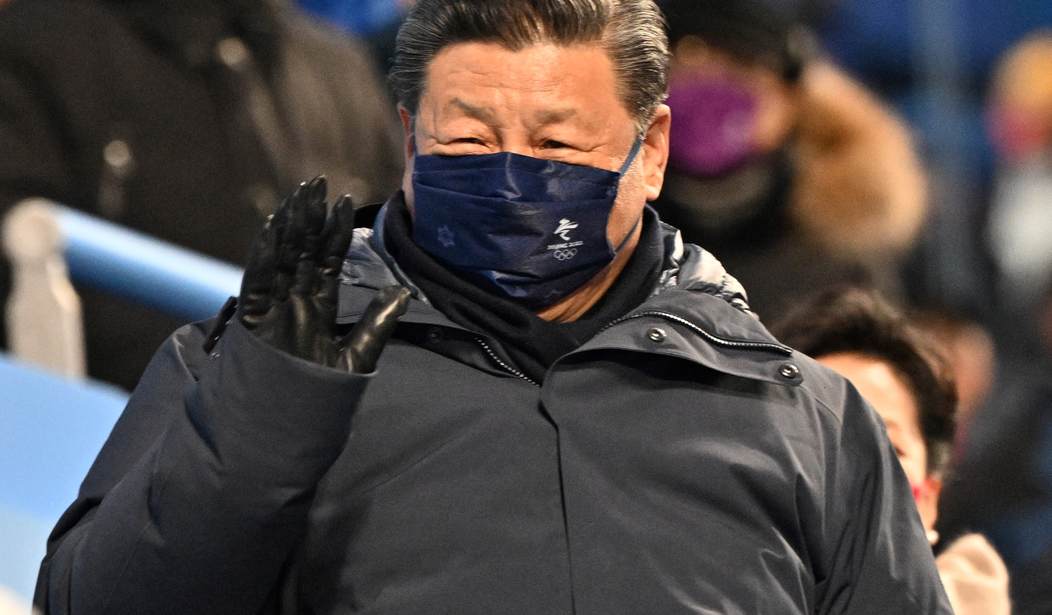In August of 2021, Forbes — a magazine inextricably linked with the concepts of business, economy, finance and capitalism — announced it was being acquired by Magnum Opus Acquisition Limited.
That’s doubtless a pleasing announcement for anyone who likes a little Chinese propaganda with their business reporting, but U.S. Sens. Tom Cotton (Ark.), Bill Hagerty (Tenn.), Ted Cruz (Texas), and Bill Cassidy (La.) don’t care for that combination much and wrote to Treasury Department head Janet Yellen expressing a desire to see the deal investigated on the grounds that it posed a literal national security threat.
“The CCP’s direction of Forbes’ editorial content and business operations, or its access to Forbes’ financial and personal research, could present a serious national security threat to the United States,” the Senators wrote on May 24.
They more than have a point, as The Washington Free Beacon reports:
The Forbes acquisition is part of a larger effort by China to increase its control of American companies so that it can use them to spread its propaganda and limit coverage of its mass human rights abuses, including its genocide of Uyghur Muslims. While most Chinese-controlled media outlets that operate in the United States—such as Xinhua News Agency, China Global Television Network, and China Daily—are required to disclose ties to the CCP, the Forbes brand name could help the Chinese government mainstream its propaganda to American audiences with less scrutiny, the senators say.
…
An April 8 proxy statement filed by Magnum Opus, the acquisition company, says that if the deal proceeds, Forbes “could be subject to oversight and discretion of [Chinese] governmental authorities, which could seek to intervene or influence its business operations at any time that the government deems appropriate to further their regulatory, political, and societal goals,” the senators wrote.
Magnum Opus is “domiciled within the jurisdiction of the Chinese Communist Party,” and its seed money “came directly from China’s sovereign wealth fund, the Chinese Investment Corporation,” according to information disclosed by the senators.
A gentleman named Peng Chum, who SEC filings show personally signed the paperwork providing Magnum with the aforementioned seed money, is the chairman of the Chinese Investment Corporation. And there’s little doubt who that corporation answers to.
The China Investment Corporation is a direct extension of the CCP’s power. The corporation’s primary, overriding purpose is to further the party’s aims. Peng’s resume attests to as much. For 13 years at the start of his career, Peng worked in various roles in Xinjiang province. He has been a loyal CCP servant his whole career. Xinjiang, of course, has hosted a genocidal campaign to rid Chinese Uyghurs of their cultural identity and turn them into forced laborers.
…
China’s intention seems pretty clear. The CCP wants to use a very thinly veiled corporate cutout to buy Forbes and then use it as a Western media platform to advance the party’s interests. Considering that the party’s central U.S. interest rests on the expansion of political, economic, and military space for Chinese global hegemony, let’s hope Secretary Yellen heeds Waltz’s concerns. After all, do we really want Peng using Forbes to educate us about the Uyghurs?
It’s a fascinating coincidence that this purchase is playing out in juxtaposition to a recent kerfluffle involving President Xi and The Jerusalem Post.
Didn’t take long. Got call from Chinese embassy. Apparently I’m supposed to take down the story or they will sever ties with the @Jerusalem_Post and downgrade relations with the State of Israel. Needless to say, story ain’t going anywhere. https://t.co/BypRMTbc6W
— Yaakov Katz (@yaakovkatz) May 30, 2022
U.S. senators are right to sound the alarm and anyone who chooses to ignore China’s intention in taking over a widely-read American publication (that has, at least in the past, a reputation for covering the free market) does so at their peril. Communism and propaganda go hand in hand. There’s no reason to think China’s version — as business-friendly as it wants to appear — is an exception.













Join the conversation as a VIP Member